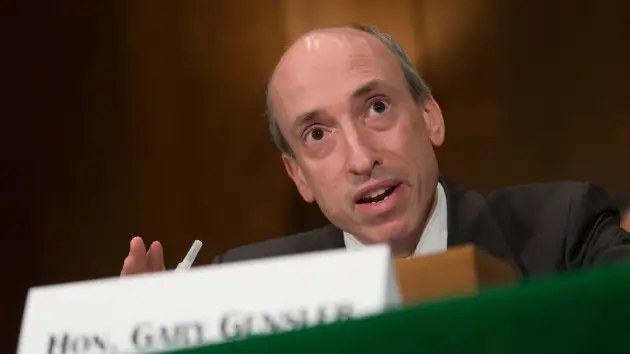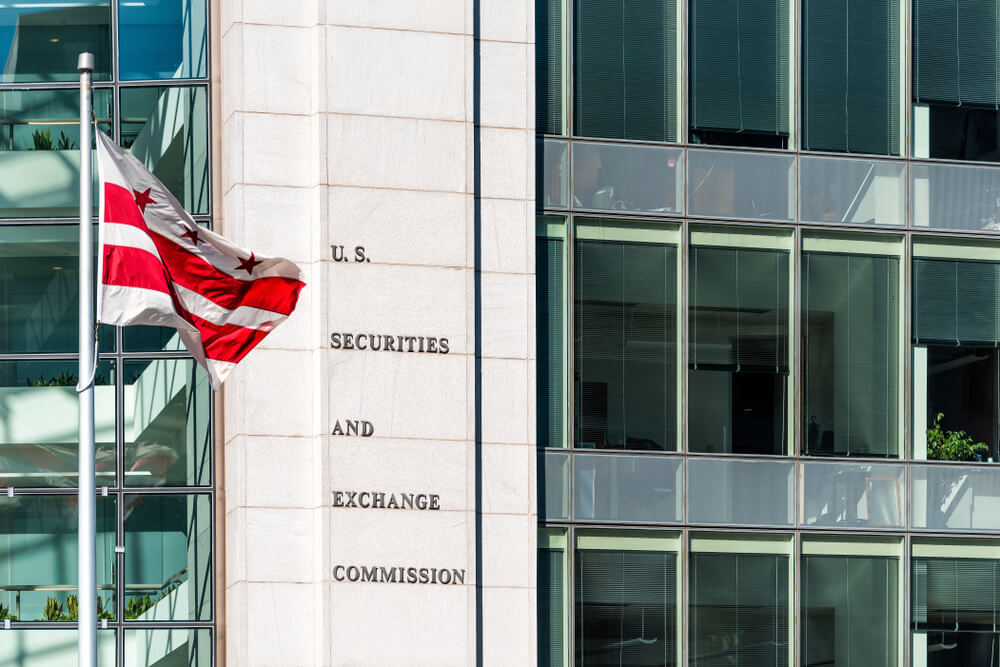ImpactAlpha, May 26 – The $1.5 million fine levied on BNY Mellon this week by the U.S. Securities and Exchange Commission over misleading ESG statements signaled the agency’s intent to crackdown on “greenwashing” in asset management. The S.E.C. has followed up with two proposed rules to force funds calling themselves “ESG,” “green,” “sustainable,” or “low carbon” to market themselves more accurately and disclose their practices.
The first rule would expand the Fund Names Rule to require that the investment theme in a fund’s name reflect at least 80% of the fund’s assets. The second rule would amend ESG Disclosures for Investment Advisers and Investment Companies to require funds to disclose ESG strategies, including how they define environmental, social and governance and how they vote their proxies.
“I think investors should be able to drill down to see what’s under the hood of these strategies,” said S.E.C. Chair Gary Gensler. The proposals, which are open for public comment through July 24, get “to the heart of the S.E.C.’s mission to protect investors, allowing them to allocate their capital efficiently and meet their needs.”
Under the hood
Under the new rules, funds focused on environmental factors would be required to disclose the greenhouse gas emissions associated with their investments. Funds claiming to achieve a specific ESG impact would be required to describe the specific impacts and summarize progress on achieving those impacts. And funds that use proxy voting as part of their ESG strategy would be required to disclose information regarding their voting of proxies on ESG-related matters.
First step
U.S. SIF’s Lisa Woll called the proposals “a significant day for sustainable investors.” Ceres’ Steven Rothstein said the rules will “result in greater investor confidence that sustainable funds are what they say they are.” As You Sow’s Andrew Behar called the amendments “a good first step.”
But by continuing to use the “flawed” 80/20 framework, says Behar, managers can still abuse the rule, for example, by calling funds “fossil fuel reserves-free” even with up to 20% of investments in dozens of fossil fuel companies. “It’s time for the S.E.C. to develop a new structure to remove the loopholes and level the playing field to make honest disclosure mandatory,” Behar said.











